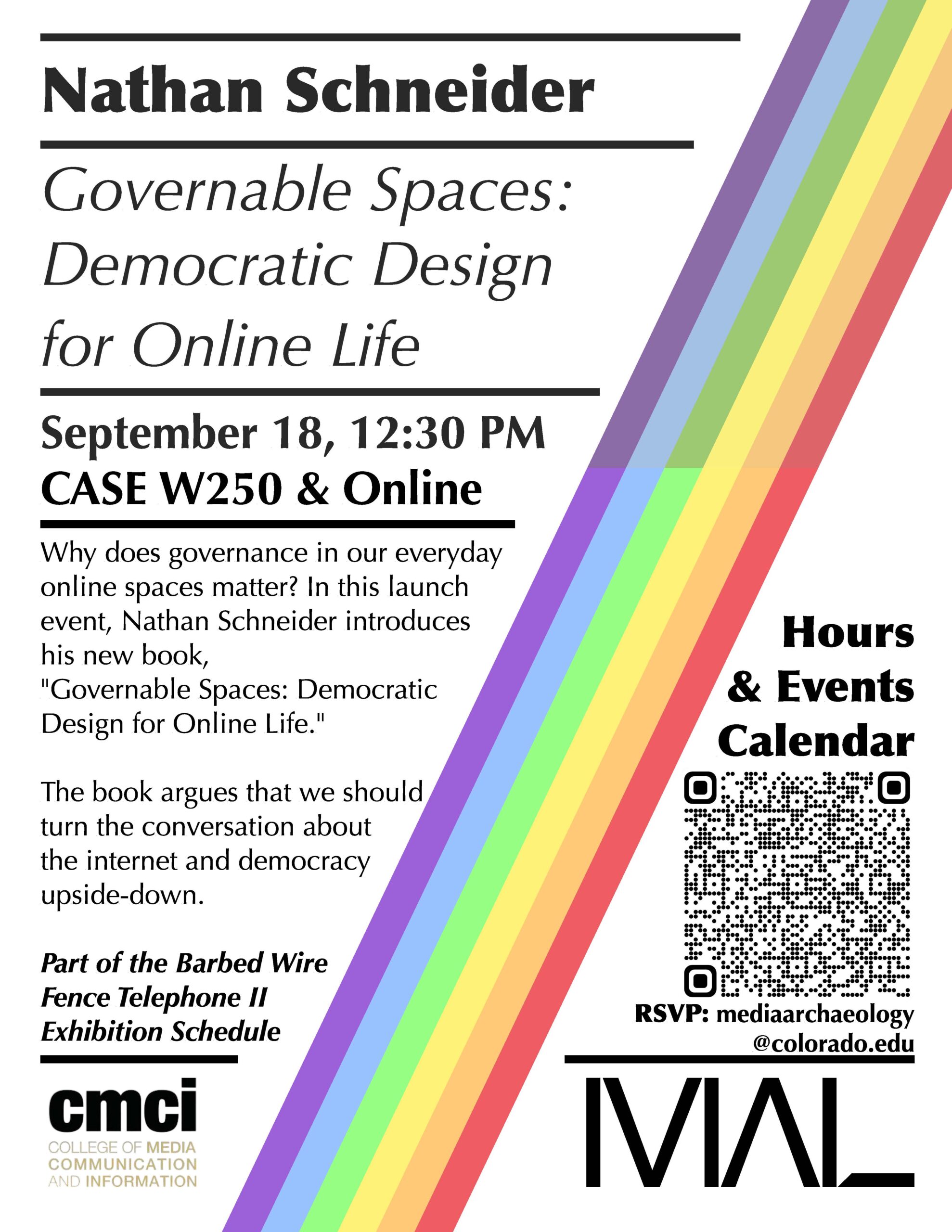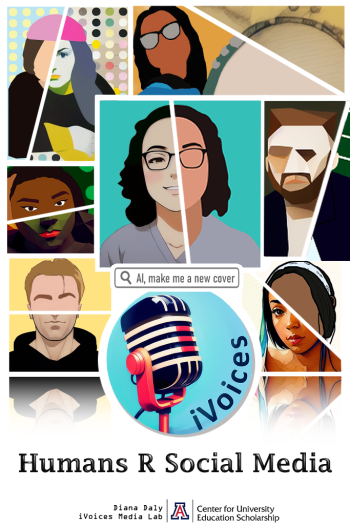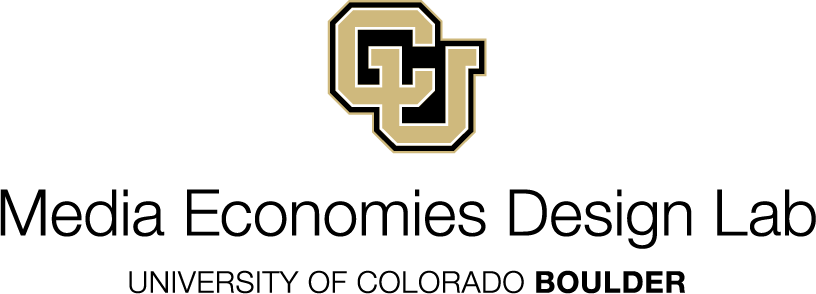Open Call: Join the Open Social Incubator
 Do the online communities and groups that you participate in use digital tools that truly serve your values? Do you want to break free from the confines of corporate platforms, but feel stuck by the limits of your own technical know-how? Social media has long been dominated by companies that operate through surveillance, censorship, and the whims of a few people in charge. Yet different possibilities are emerging: in recent years, a new crop of social networks has emerged, based on open-source software and open protocols—including Mastodon, Matrix, Bluesky and Nostr.
Do the online communities and groups that you participate in use digital tools that truly serve your values? Do you want to break free from the confines of corporate platforms, but feel stuck by the limits of your own technical know-how? Social media has long been dominated by companies that operate through surveillance, censorship, and the whims of a few people in charge. Yet different possibilities are emerging: in recent years, a new crop of social networks has emerged, based on open-source software and open protocols—including Mastodon, Matrix, Bluesky and Nostr.
However, too often, would-be users of these tools are turned off by the apparent requirement of specialized technical skills. We want to help lower the barrier for skilled community-builders to take advantage of open social media. We’re looking for people with an existing track record of building community (online or off!) who want to learn about social media tools that are truly user owned and governed.
The Media Economies Design Lab at the University of Colorado Boulder is launching a 5-month process of mentorship and peer-to-peer learning, empowering veteran community builders to adopt emerging open social networks.
Participants will meet as a full group monthly and receive ongoing, 1:1 project-specific technical support as they seed and grow new communities using open social media tools of their choosing. Participation is fully remote and all sessions will be conducted in English. All participants should commit to making strides toward community-building in open social media by the end of the program. Completion of the full program, from November 2024 to April 2025, will be compensated with a stipend of $3,500 USD.
Find more information and the application here.
Lessons on Worker Ownership from the Main Street Phoenix Project
 September 23, 2024
September 23, 2024
10 a.m. to 11 a.m. Mountain Time
Free webinar
Register
At the height of the COVID-19 lockdowns, Main Street Phoenix Project was founded as an audacious, worker-owned holding company to buy and protect food-service businesses. It acquired two Denver companies but ran into trouble. After closing the company down, founder Jason Wiener has done a rare thing: made the company's operating documents available to the world.
In this event, Wiener will share lessons from the Main Street Phoenix experience and ideas for how those lessons can be useful for emerging efforts to build mutual enterprises. Fellow co-op entrepreneur Alissa Orlando will share reflections on the current state of investment and strategy for social enterprises.
Jason Wiener is the Principal of a boutique law and business consulting practice whose specialty is in cooperative law, shared ownership models, cooperative finance, regenerative capital and financing strategies, sustainable economies law, teal lawyering, virtual outside general counsel, and worker-ownership. He serves on the state of Colorado's Employee Ownership Commission.
Alissa Orlando leads Camillus Partners, an entrepreneur-led fund dedicated to buying, leading, and growing a mission-driven business. She was previously co-founder of the Drivers Cooperative in New York, which is currently launching in Colorado. Before that, she headed Uber’s operations across East Africa.
Learn more and register here.
Governable Spaces book talk with the Media Archaeology Lab—in person and on Twitch
 September 18, 2024
September 18, 2024
12:30 p.m. to 1:30 p.m. Mountain Time
At the site of the Media Archaeology Lab's Barbed Wire Fence Telephone II installation, MEDLab director Nathan Schneider will give a final book talk for Governable Spaces: Democratic Design for Online Life. MAL director Lori Emerson explains the installation's context:
Artists David Rueter and Phil Peters have created an incongruous social space: a barbed wire fence that bisects a university classroom. Two telephones hang on posts at either end of the fence, their wires clipped to the strands of barbed wire. Lifting the receiver, one can hear crackling analog signals pass along the fence line, the voice on the opposite phone both near and far, creating an interface that is at once a connection and a separation.
The work takes inspiration from early communication networks of the turn of the twentieth century, when Bell Telephone Company began to connect cities across the United States. At this time, rural and western areas were mostly left out. Entrepreneurial ranchers discovered that ad-hoc, decentralized telephone networks could be built from simple materials at hand, transforming their pre-existing barbed wire fences into a network of transmission lines.
The piece revisits Rueter and Peters’ collaborative installation ten years after its first installation in Chicago. The work continues themes of mediation, presence, connection, isolation, surveillance, decentralization, and private vs public. It takes on new meaning as an installation within a public university and – ten years on – as seen in the light of contemporary social/political discourse.
Join us in CASE W250, watch on the Media Archaeology Lab twitch channel or email mediaarchaeology@colorado.edu for Zoom details.
Collective governance for an open-access textbook
 For the past year, MEDLab has worked with Diana Daly of the University of Arizona to develop a governance design for her textbook, Humans R Social Media, which is used in CU Boulder's Introduction to Social Media course. Now, based on our collaboration, a new edition of the textbook is out. According to a blog post at the Pressbooks website:
For the past year, MEDLab has worked with Diana Daly of the University of Arizona to develop a governance design for her textbook, Humans R Social Media, which is used in CU Boulder's Introduction to Social Media course. Now, based on our collaboration, a new edition of the textbook is out. According to a blog post at the Pressbooks website:
One of the pivotal moments in the book’s continued evolution came in 2022, when Nathan Schneider, an assistant professor from CU Boulder (and contributor to the most recent edition), reached out to thank Daly for the book. This began a conversation about continuous updates, and an idea was born to turn the text into a “living book”.
Currently Daly and Schneider are creating a shared governance plan for this book to go on continuously with annual updates managed by a group of collaborators. They are using processes modeled on open source software, something Schneider has deep experience with having previously worked with founders of open-source software projects to help them transition toward forms of community-centered governance.
The project involves a growing number of collaborators, and is always open for input, according to an open invitation included in the textbook itself. Whether it’s students suggesting improvements or faculty proposing new chapters, “contributors of any kind can become members of the project and collectively govern its future.”
Explore the new edition here.
Radio: What can social work teach us about media literacy for children?

MEDLab's radio show, Looks Like New, comes out the fourth Thursday of every month on KGNU, 88.5 FM, or online as a podcast. Here's what we heard about last month:
Within a rapidly evolving digital landscape, it can be difficult to identify the more harmful effects of digital media use on children.
This month we interviewed Antoinette Kendrick, a second-year doctoral student and Instructor in CU Boulder’s department of Media Studies. She received her bachelor’s degree in psychology and her master’s degree in social work from the University of Oklahoma. Her research focuses on the social impact of digital media use on children and how we can enable effective strategies for teaching media literacy.
On the episode, we discuss how Antoinette’s background in social work informs her approach to media literacy for youth. Tune in to listen as we discuss platform politics, how we can curtail exposure to graphic media, and reforms for educating children on digital media literacy.
Subscribe today on Apple Podcasts, Spotify, or directly through our new website. You can also follow the show on Instagram, Mastodon, and X.

